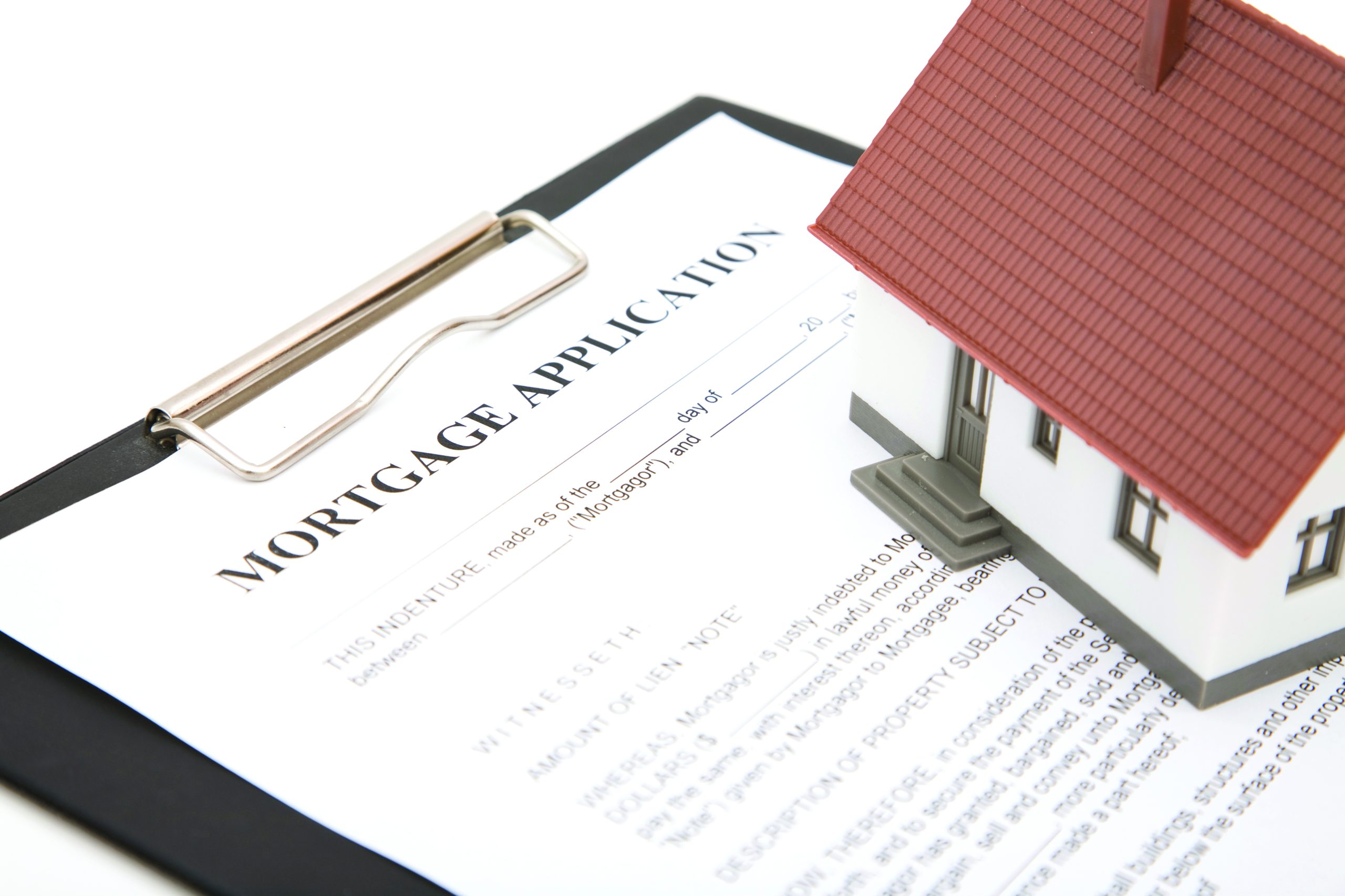While people often tend to focus on things like a property’s price or its amenities, the legal status of real estate can matter at least as much as any of its physical features. If you are not careful, you might wind up buying a property that has a defective title. But what exactly does it mean for a property to have a defective title, and what are the potential consequences if that happens?
What is a Defective Title?
In simple terms, a property is considered to have a defective title when there is some kind of problem that brings the full legal ownership of the property into question. In other words, a title is considered defective when there are unresolved legal or financial issues related to the property. This is an issue because all real estate must have “clear title” before it can be legally sold, meaning all title defects must be resolved prior to closing the sale.
What Might a Property Have a Defective Title?
There are a number of ways a property might be considered to have a defective title. These include, but are not limited to:
- Unpaid mortgages or liens
- Undisclosed easements or covenants
- Unpaid property taxes
- Errors in public records
- Disputes over boundaries or survey data
- Undisclosed heirs
- Fraudulent financial documents
What Happens if a Property’s Title is Defective?
When a property has a defective title, what happens will depend on when exactly the problem is discovered. If the sale has not yet gone through, there may be time to correct the issue, or if that proves to be impossible, the sale may be broken off. If the sale has already closed, however, this kind of problem can bring up questions as to whether the transaction was legal, potentially leading to months or years of litigation.
What Can You Do to Avoid This Scenario?
As with many problems, it is better to prevent the issue from coming up in the first place, rather than trying to fix it after the situation has become a crisis. That is why you should speak to a lawyer with experience handling real estate law, including title searches. They can review the circumstances of your case to determine what legal risks you may face, and help you get the best possible outcome for your situation.
For more than 50 years, the New York lawyers at Elovich and Adell have represented clients like you in real estate cases. Our attorneys, conveniently located in Long Beach, handle personal injury, real estate, commercial transactions, criminal defense, and labor and employment claims all across New York State. For a consultation, please call us at 516-432-6263 or visit our contact page for more information.



